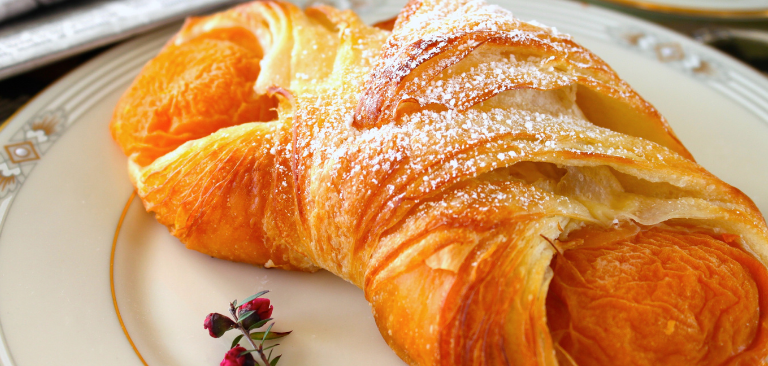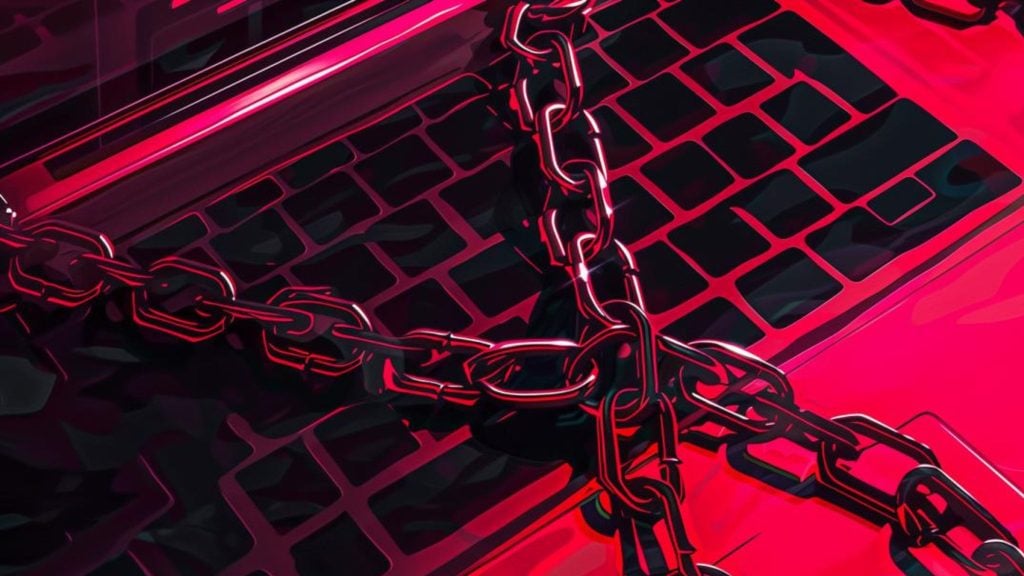With the onset of the coronavirus pandemic, governments around the world took to releasing infographics, while officials started urging people to wash their hands while explaining how one does that, like you might to a 2-year-old. At that point, it looked like the notion of a “nanny state” had crossed from the realm of the figurative into the literal, with the two then combining into “the new normal.”
The trend has not been slowing down in the meanwhile, and provides just the right social and political atmosphere to slip through all kinds of other “nanny state” regulations, as reports from the UK suggest. There, the government is preparing to adopt new rules around restricting the types of food citizens are allowed to be aware of through advertising.
The plan is to restrict promotion of products that the UK government decides to treat as junk food, and have these new rules in place by April 2022. A number of measures are listed in the proposal, including how retailers will be allowed to display and promote such products in their stores and on their websites, and advertise online.
But critics say that instead of realizing that people become obese because of their own bad choices, the authorities would rather blame advertisers and sellers, and nudge their “children,” i.e., citizens, towards “easy choices” laid out for them. On top of that, the authorities don’t seem to be very good at identifying what actually is unhealthy food, considering that a similar campaign launched in London two years ago banned ads for olive oil, butter, and canned fruit – for containing more fat or sugar than a decree allowed.
One of the targets of the upcoming regulations are promotional sales that offer discounts that encourage people to buy more food than they can immediately consume. Besides showing no faith in people’s ability to refrain from overeating, the government in this way also makes it more difficult and more expensive to store food in these unpredictable times of an ongoing epidemic and an economic crisis.
Those critical of the move, and of the “nanny state” in general, think that such rules also serve to undermine competition.
If you're tired of censorship and dystopian threats against civil liberties, subscribe to Reclaim The Net.









